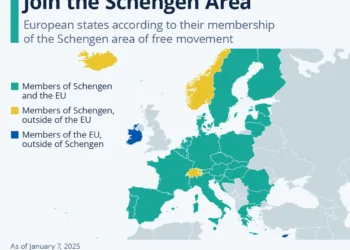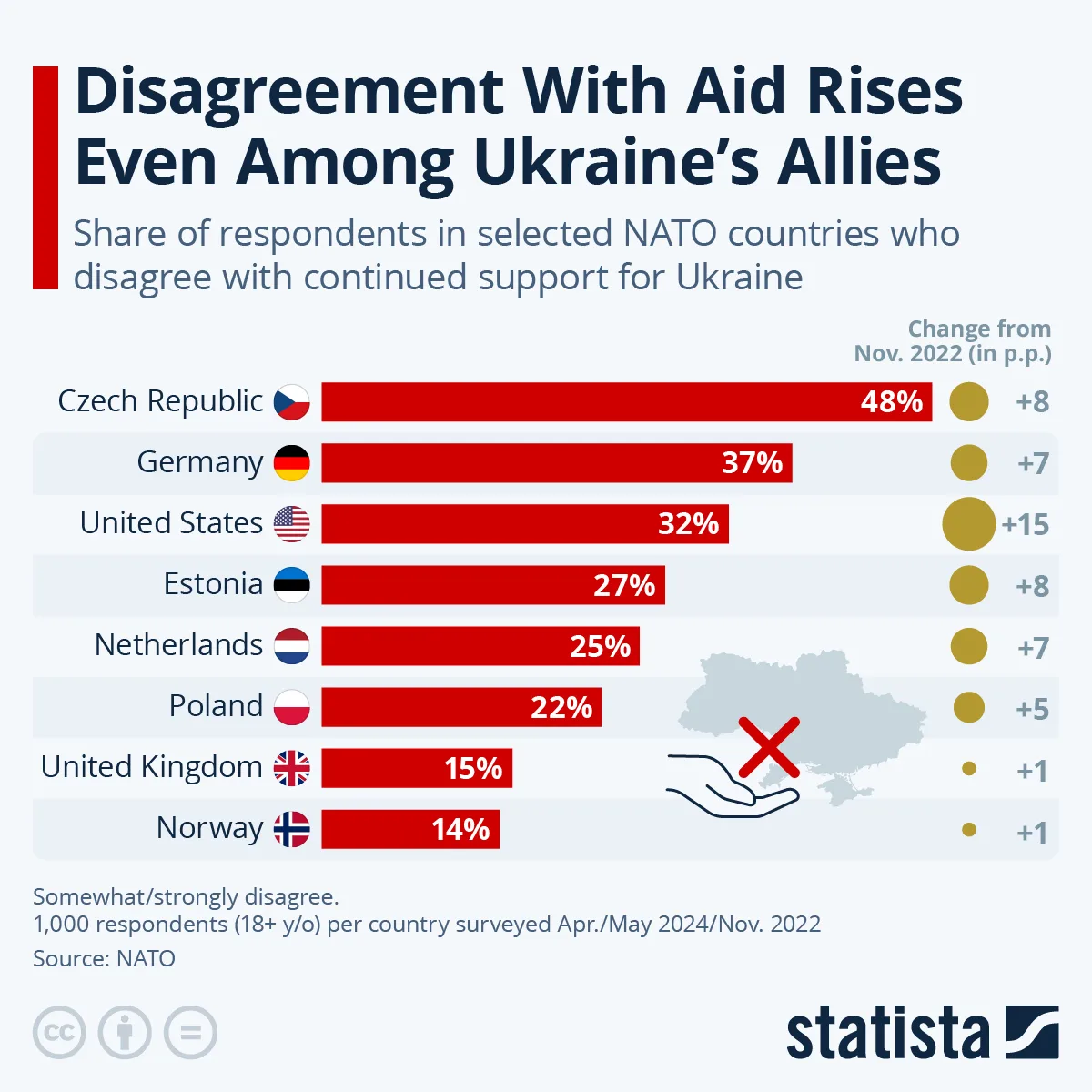Turkey has officially thrown its hat in the ring to join the BRICS group, marking a pivotal step in its plan to broaden its international partnerships.
Omer Celik, the spokesperson for the ruling Justice and Development Party (AKP), announced that the nation is now in the process of applying for membership in BRICS.
President Recep Tayyip Erdoğan has been vocal about Turkey’s intention to be actively involved in all major global platforms, and BRICS is no exception.
This bid underscores Turkey’s aim to strengthen economic connections with key players like Russia and China and to act as a trade conduit between Europe and Asia.
The BRICS bloc, which began in 2009 with Brazil, Russia, India, China, and South Africa, has opened its doors to new members, with Egypt, Ethiopia, Iran, and the UAE joining by 2024.
One of the appealing aspects of this group is its Development Bank, which serves as an alternative to Western financial bodies like the IMF and World Bank, potentially offering Turkey new opportunities for investment and collaboration.
While pursuing BRICS membership, Turkey is also staying loyal to its commitments with NATO, showing its effort to balance its relationships between Eastern and Western powers.
This strategic move is part of a broader realignment in Turkey’s foreign policy, including major projects like the $20 billion Development Road Project involving Qatar, Iraq, and the UAE, all while keeping diplomatic ties with Russia despite ongoing Western sanctions.
Turkey’s recent foreign policy initiatives, including its push to join BRICS, signal its quest for a multipolar world where it can bolster its geopolitical clout and foster economic relationships across different regions.






![[keyword]](https://www.digitalphablet.com/wp-content/uploads/2024/09/Ultimate-Gunslinger-Build-in-Remnant-2-75x75.webp)


